
One of the most interesting and widely speculated topics of the offseason for fantasy football has been “who will start at quarterback for the New Orleans Saints in 2021?” Today we’re going to peek at Sean Payton’s offensive scheme over the years and examine the skill sets for Jameis Winston and Taysom Hill. At the same time, attempting to answer this exact question and predict who will be under center this year in the Big Easy.
The New Orleans Saints passing offense
Looking at Sean Payton’s passing scheme from a high level is an interesting vantage point. In recent seasons, Drew Brees‘ deteriorating arm strength played a role in the play designs, but possibly not as much as it seemed. The deep ball percentage cratered in 2020 but was fairly steady before that. Going back to 2014, this is an aerial attack that has been built upon the short passing game. During Brees’ heyday in 2014-2016, when he averaged 5,010 passing yards per season, the offense Payton’s offense operated heavily within nine years of the line of scrimmage. 62.5% of Brees’ passes were 0-9 yards or behind the line during those three years. Zooming out further over the last seven seasons, the Saints have seen 64.2% of their passing volume arise from passes in these same areas of the field. The deep passing percentage has held relatively close to the 9.8% seven-year average.
If we go even farther back to Payton’s offensive coordinator days with the New York Giants, while data is more limited, it’s still interesting. In 2000-2002, Kerry Collins was the Giants’ starter. Collins spent most of his NFL career living in the short areas of the field, but with the Giants, this changed to an extent. The only two seasons of his career where he exceeded 6.9 yards per attempt (7.5, 7.0) were under Payton’s direction. Collins also logged the two highest adjusted yards per attempt seasons of his career during his three seasons with the now New Orleans offensive mastermind. While these aren’t eyebrow-raising figures, Payton coaxed more out of Collins than had been seen previously.
So now, staring at the current quarterbacks on this depth chart, what skills do they possess, and who fits Payton’s possible scheme in 2021? Will Payton push the ball down the field more, or will the passing attempts reside near the offensive line?
Jameis Winson: The Saints’ starting quarterback?
Jameis Winston has been a fantasy football favorite for many years. As recent as 2019, he was an elite fantasy point scoring option. In his last season for Tampa Bay, Winston was the QB5 (20.9) in fantasy points per game. Where Winston has made his money over the years has been deep down the field. In 2019, he ranked 14th in deep adjusted completion percentage (among all quarterbacks with 20 or more deep attempts) and first in deep passing yards (1,351). Even going back to 2017, he finished sixth in deep passing touchdowns (9) and 14th in big-time throws (16).
During his five-year tenure as the Buccaneers’ starter, the areas where he struggled were in the short and intermediate areas of the field. In that five-year span, he only once ranked higher than 13th in short area adjusted completion percentage and 12th in intermediate adjusted completion percentage. Accuracy in these areas, especially less than nine yards, has been a staple in executing Payton’s offense. If Payton is looking to change things up or build upon the 2015 splits, Winston would be the guy to do so for him.
Taysom Hill: the Saints’ starting quarterback?
During Taysom Hill’s abbreviated run, he staked his claim as a top-10 starting fantasy quarterback. Last year in his four-game stretch as the starter, he was the QB6 in fantasy points per game (20.9). A chunk of his fantasy production did stem from the 52.3 rushing yards and one score on the ground he averaged over that span, but his abilities as a passer get glossed over.
Hill isn’t an elite passer by any stretch of the imagination, but in that tiny snippet as a starter, he performed well in the areas of the field that Payton has emphasized. Hill’s adjusted completion percentage on intermediate throws was 72.4%, and in the short area, it skyrocketed to 88.5%. He ranked an astounding third among all quarterbacks with 50 or more short-area passing attempts (Hill, 52). To add context to Hill’s performance, he did face an Atlanta defense ranked 19th in pass defense DVOA twice, Philadelphia (24th DVOA), and the quarterback-less Broncos (11th DVOA).
However, going back to his collegiate career at BYU, we saw similar short-area accuracy to suggest this isn’t just a blip on the radar. In 2016 among 130 quarterbacks with 60 or more short area passes, he ranked 38th (81.1%) in adjusted completion percentage, per PFF. The results were similarly surprising as he finished 35th (among 80 quarterbacks with 60 or more intermediate pass attempts) in medium field adjusted completion percentage.
Who will be the New Orleans Saints starting Quarterback?
Count me in on Sean Payton maintaining the same skeleton system that he has rolled out for the last 14 years as the head coach in New Orleans with a few wrinkles tossed in. If that’s the case, Hill is my bet to take snaps under center Week 1 as the Saints’ starter.
Hill checks numerous boxes that Payton covets and offers this offense creativity with his legs that Winston does not. Payton abhors turnovers, as we’ve seen over the years. Winston’s career interception percentage (3.0%), even removing his final year with Bruce Arians, is an eyesore. Payton’s past signal-callers in Brees (2.3%) and Kerry Collins (2.6%) weren’t that turnover-prone. Hill took care of the football (1.3%) in his limited starting tenure and limited the mistakes.
Last season with Hill under center, the New Orleans offense ranked 10th in overall success rate (46%), with the run game ranking fourth in success rate (46.2%). This quarterback competition will be the talk of training camp and could come down to the wire, but Hill should be the Saints’ starting quarterback in 2021.








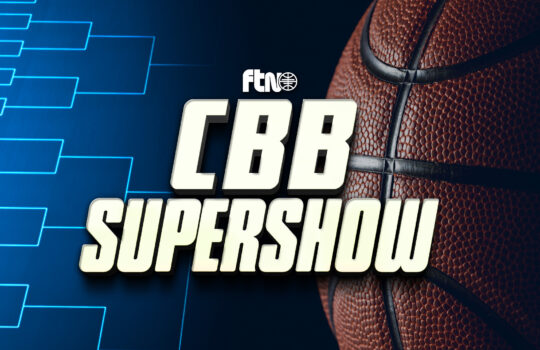




















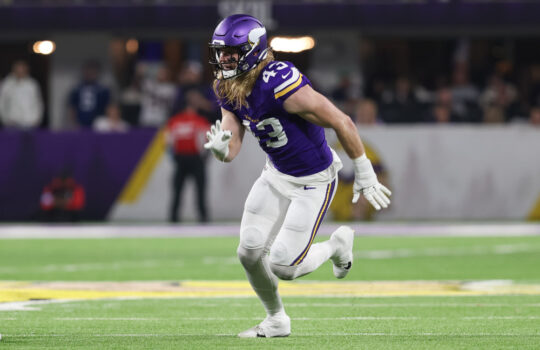



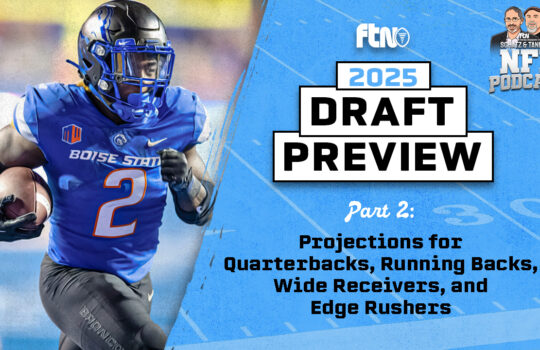

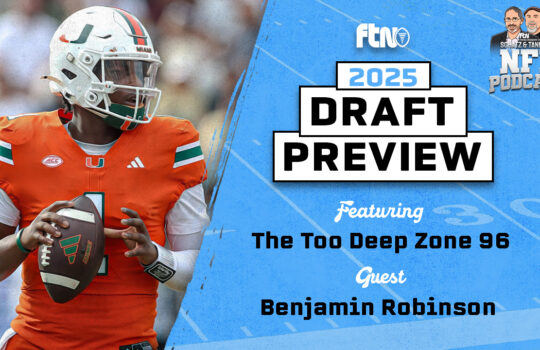
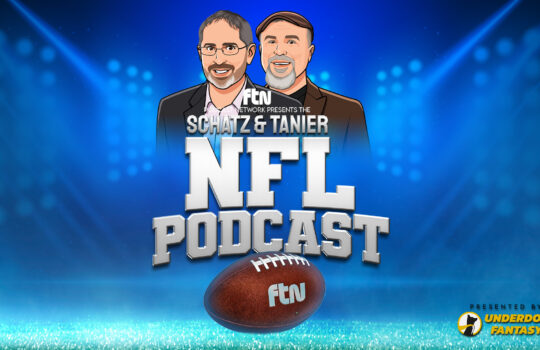








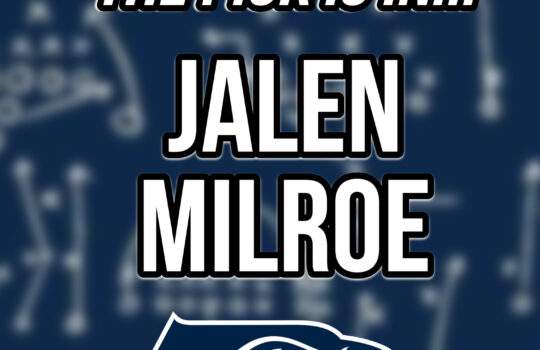

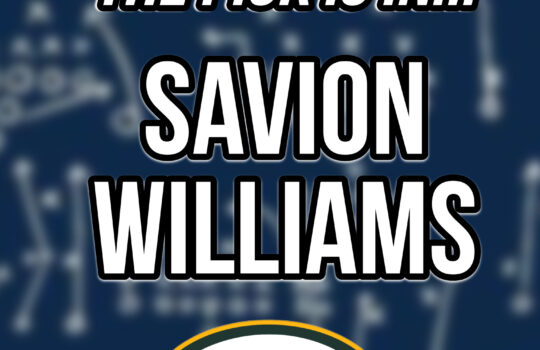
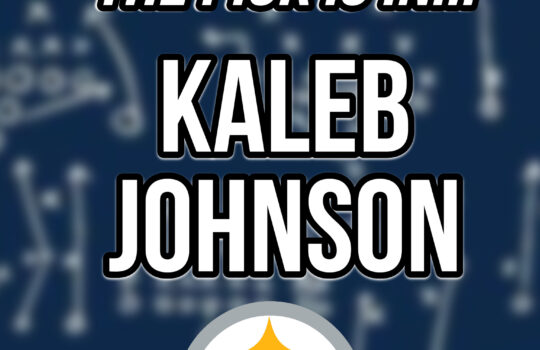

 New York Jets
New York Jets  New England Patriots
New England Patriots 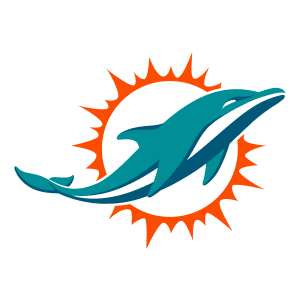 Miami Dolphins
Miami Dolphins  Buffalo Bills
Buffalo Bills  Pittsburgh Steelers
Pittsburgh Steelers  Cleveland Browns
Cleveland Browns  Cincinnati Bengals
Cincinnati Bengals 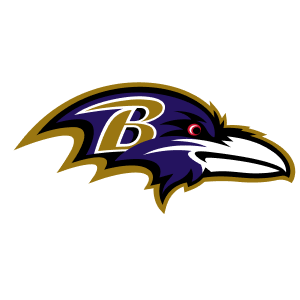 Baltimore Ravens
Baltimore Ravens 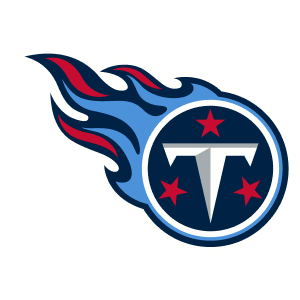 Tennessee Titans
Tennessee Titans  Jacksonville Jaguars
Jacksonville Jaguars  Indianapolis Colts
Indianapolis Colts  Houston Texans
Houston Texans  Las Vegas Raiders
Las Vegas Raiders  Los Angeles Chargers
Los Angeles Chargers  Kansas City Chiefs
Kansas City Chiefs 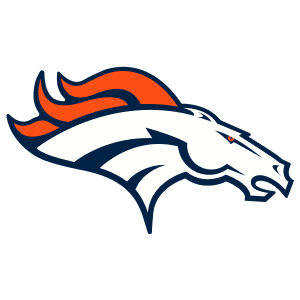 Denver Broncos
Denver Broncos  Washington Commanders
Washington Commanders  Philadelphia Eagles
Philadelphia Eagles 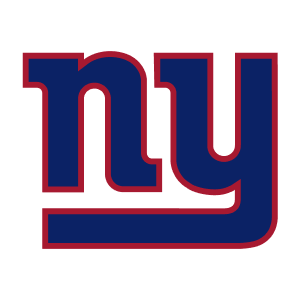 New York Giants
New York Giants  Dallas Cowboys
Dallas Cowboys  Minnesota Vikings
Minnesota Vikings 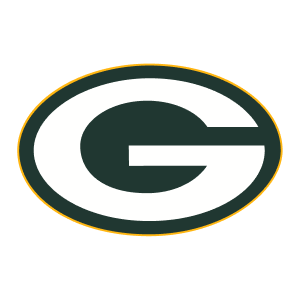 Green Bay Packers
Green Bay Packers 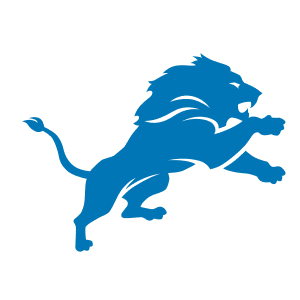 Detroit Lions
Detroit Lions 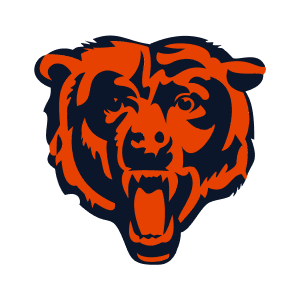 Chicago Bears
Chicago Bears 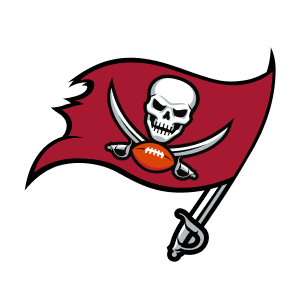 Tampa Bay Buccaneers
Tampa Bay Buccaneers  New Orleans Saints
New Orleans Saints 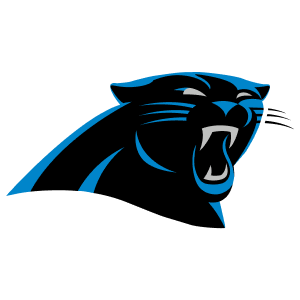 Carolina Panthers
Carolina Panthers 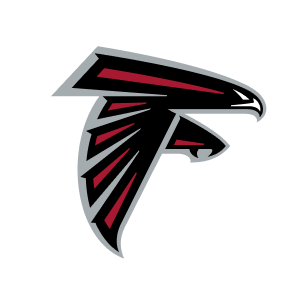 Atlanta Falcons
Atlanta Falcons  San Francisco 49ers
San Francisco 49ers  Seattle Seahawks
Seattle Seahawks  Los Angeles Rams
Los Angeles Rams 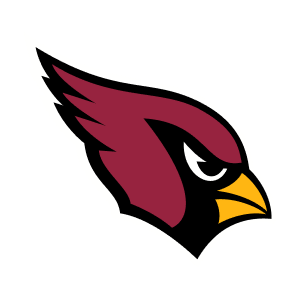 Arizona Cardinals
Arizona Cardinals 
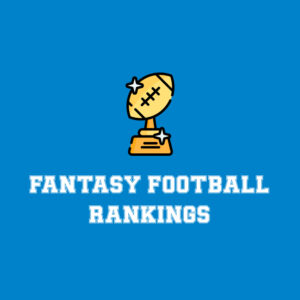
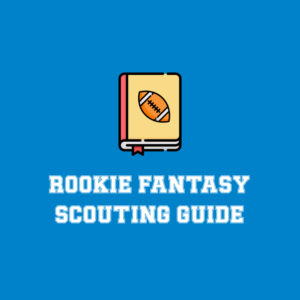






 Boston Celtics
Boston Celtics  Brooklyn Nets
Brooklyn Nets  Philadelphia 76ers
Philadelphia 76ers  New York Knicks
New York Knicks  Toronto Raptors
Toronto Raptors  Chicago Bulls
Chicago Bulls  Detroit Pistons
Detroit Pistons  Milwaukee Bucks
Milwaukee Bucks  Cleveland Cavaliers
Cleveland Cavaliers  Indiana Pacers
Indiana Pacers  Orlando Magic
Orlando Magic 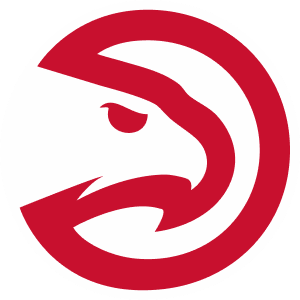 Atlanta Hawks
Atlanta Hawks  Charlotte Hornets
Charlotte Hornets  Miami Heat
Miami Heat  Washington Wizards
Washington Wizards  Denver Nuggets
Denver Nuggets  Minnesota Timberwolves
Minnesota Timberwolves  Oklahoma City Thunder
Oklahoma City Thunder  Portland Trail Blazers
Portland Trail Blazers  Utah Jazz
Utah Jazz  LA Clippers
LA Clippers  Golden State Warriors
Golden State Warriors  Los Angeles Lakers
Los Angeles Lakers  Phoenix Suns
Phoenix Suns  Sacramento Kings
Sacramento Kings  Dallas Mavericks
Dallas Mavericks  Houston Rockets
Houston Rockets  Memphis Grizzlies
Memphis Grizzlies  New Orleans Pelicans
New Orleans Pelicans  San Antonio Spurs
San Antonio Spurs 









